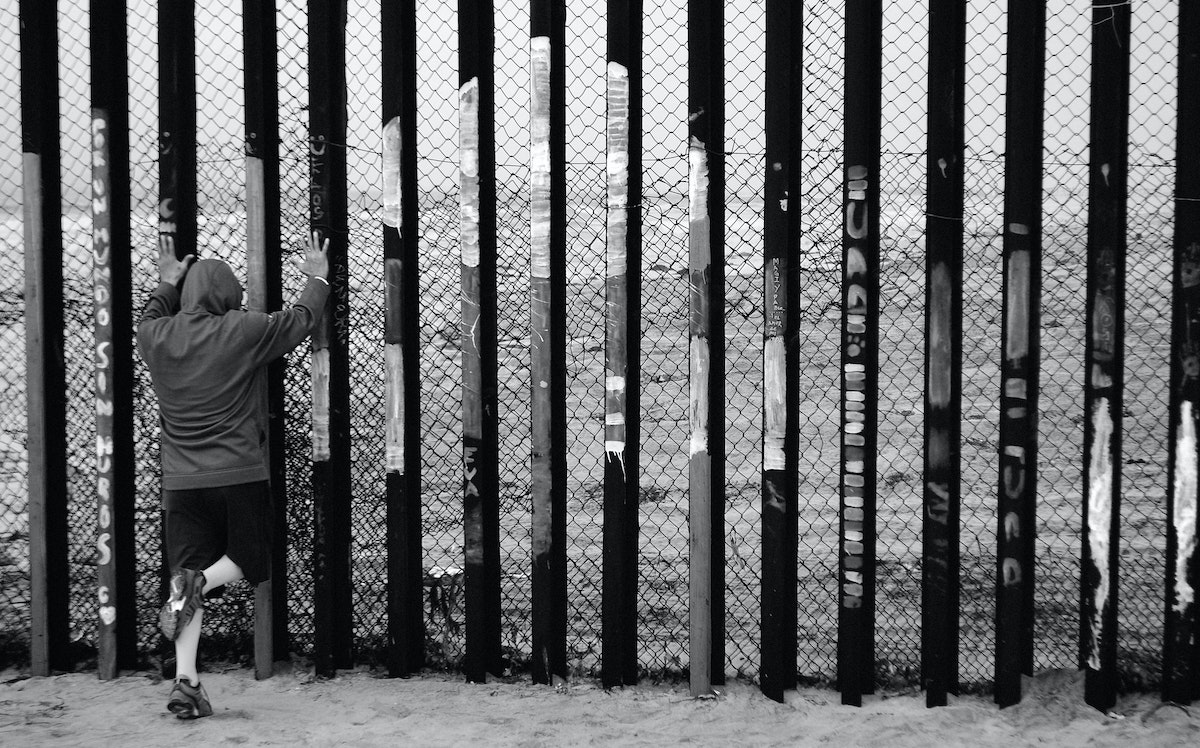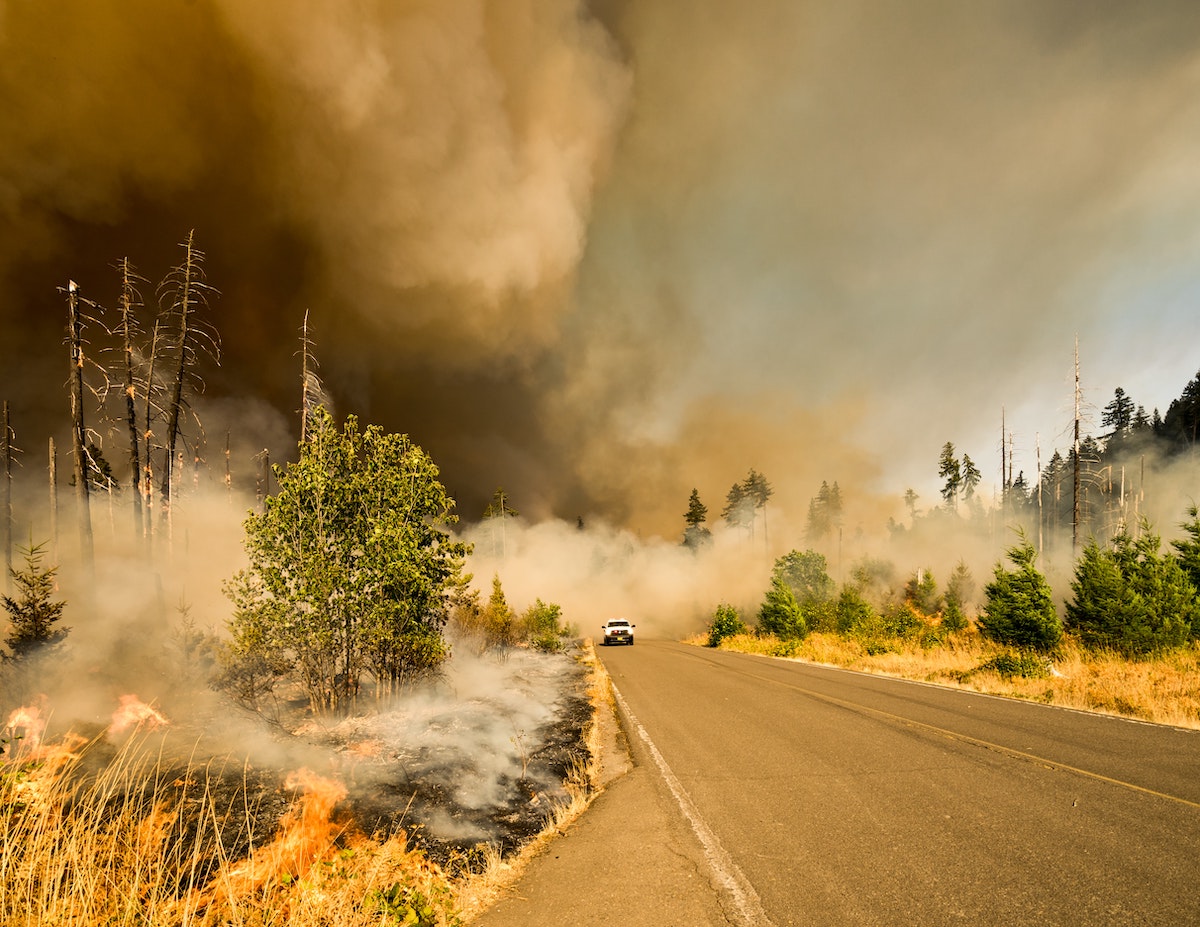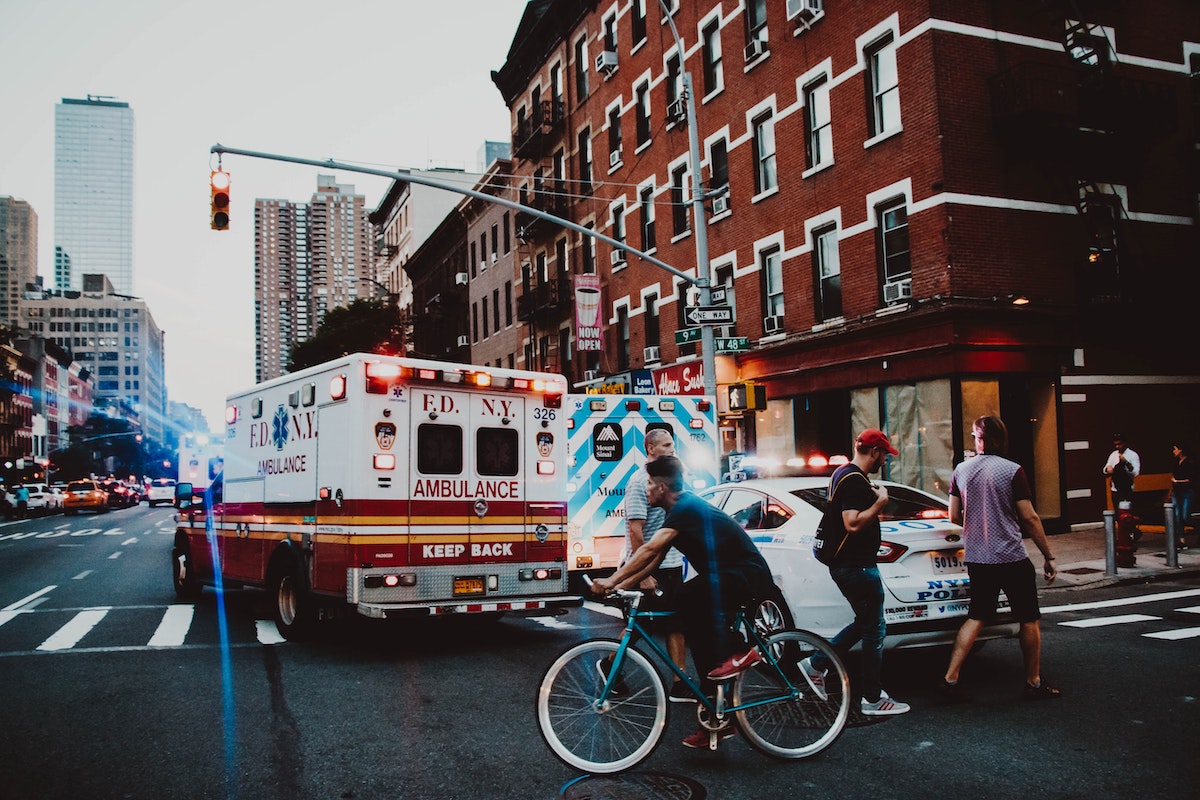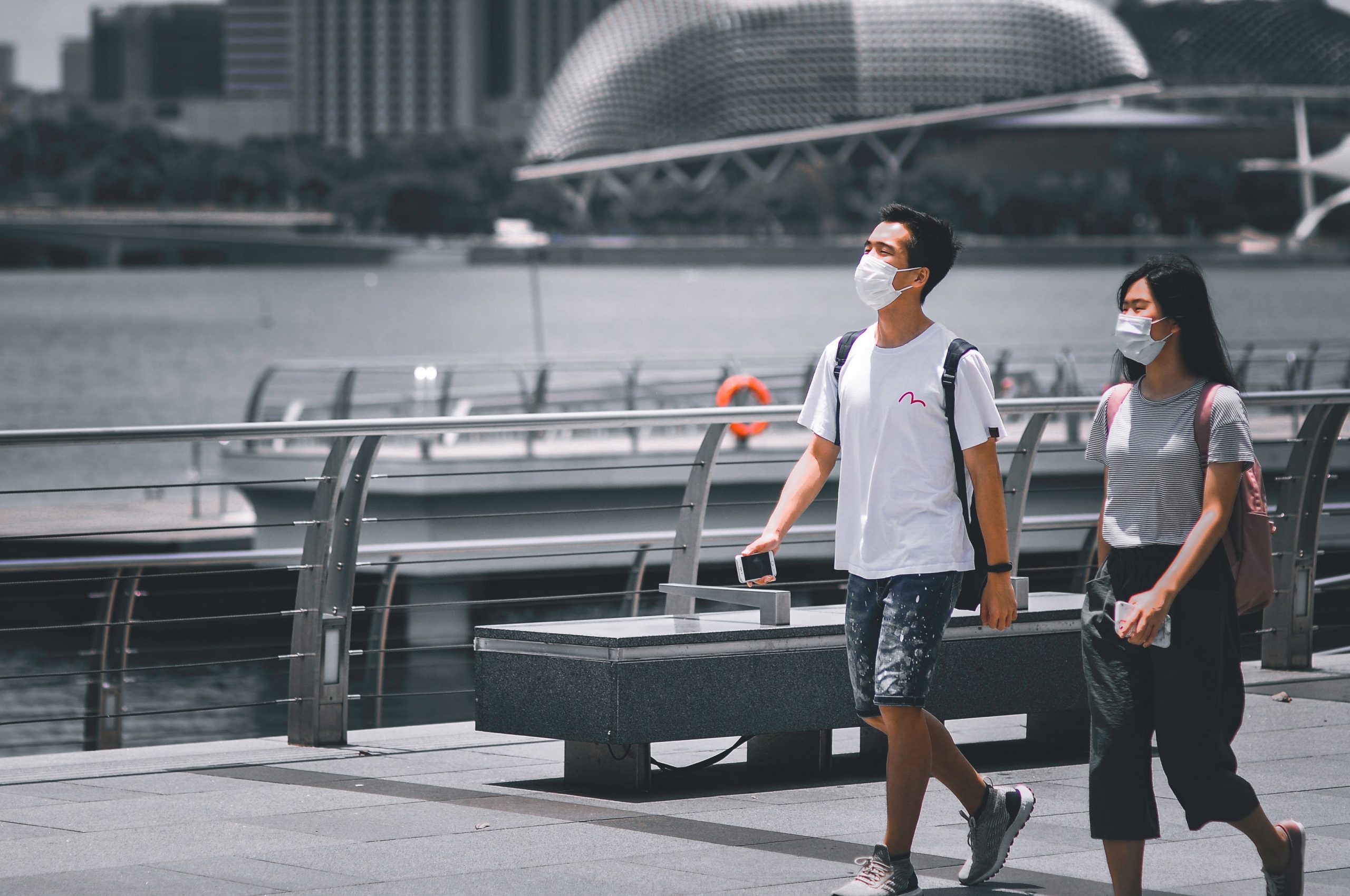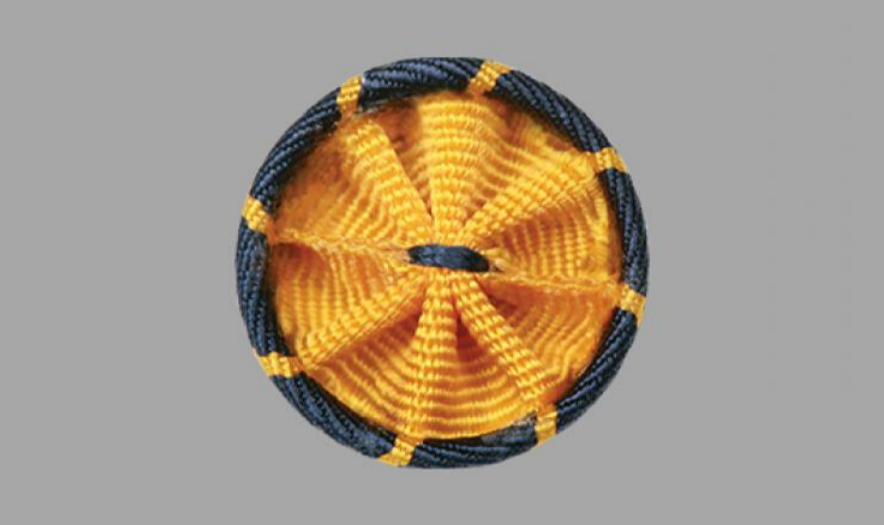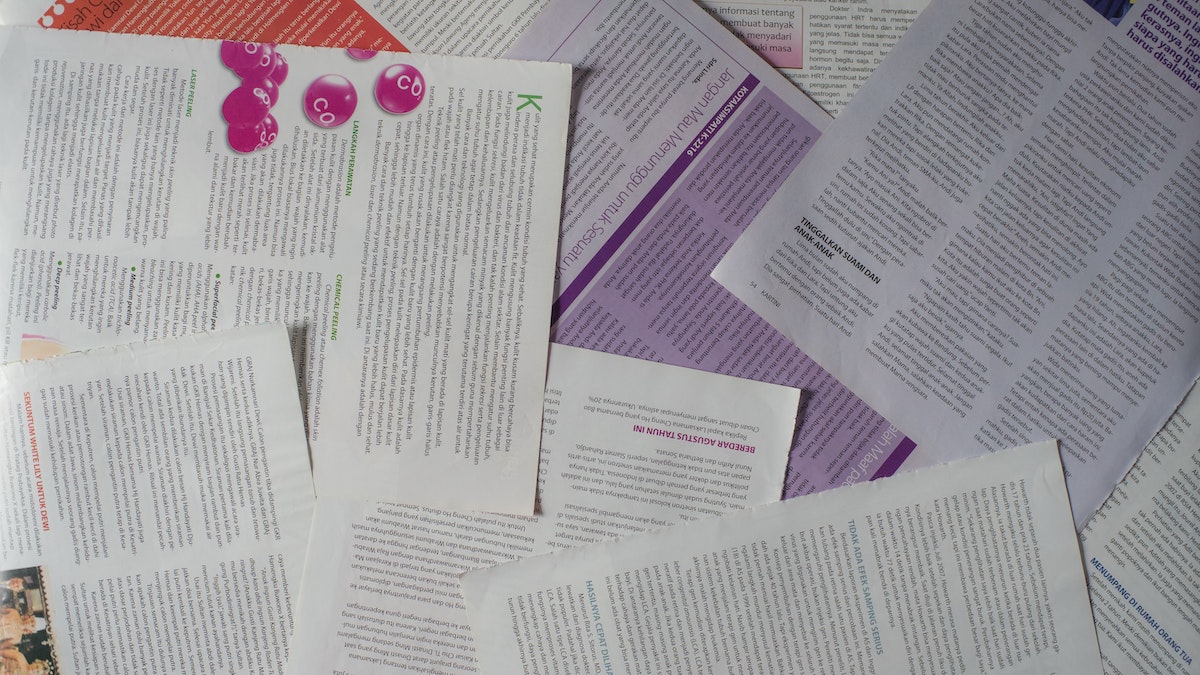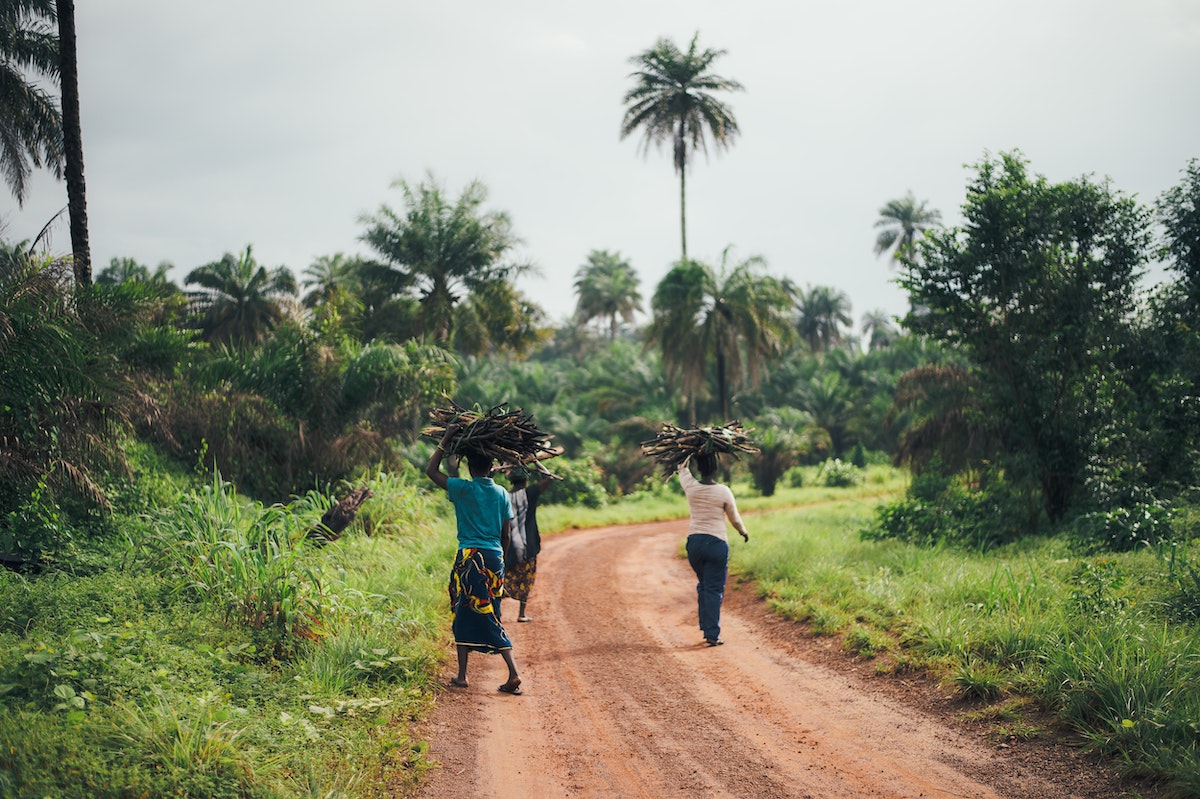A new article from the Colorado Arts and Sciences Magazine discusses the research of Bertha Bermúdez Tapia. Bermúdez Tapia is a PhD student in sociology and a graduate affiliate for the Health and Society Program and the Center for the Governance of Natural Resources at IBS. Her work covers how deportees and asylum seekers living in violent border cities experience damaging impacts from immigration policies, including her hometown of Matamoros, Mexico. As part of her research, Bermúdez Tapia has also made a visual art project to stress the impacts of these hardening border lines. This later resulted in a YouTube video titled “Twin Cities Torn Apart” “which takes viewers to two cities whose proximity is only driven by feelings now” Bermúdez says. To read more about her research, read the full article on the Colorado Arts and Sciences Magazine’s website.
Bertha and her colleague Arielle Milkman (Anthro) also recently hosted the Hostile Terrian 94 workshop here at IBS. If you would like more information on the Hostile Terrain 94 workshop, please email Bertha or Arielle.
